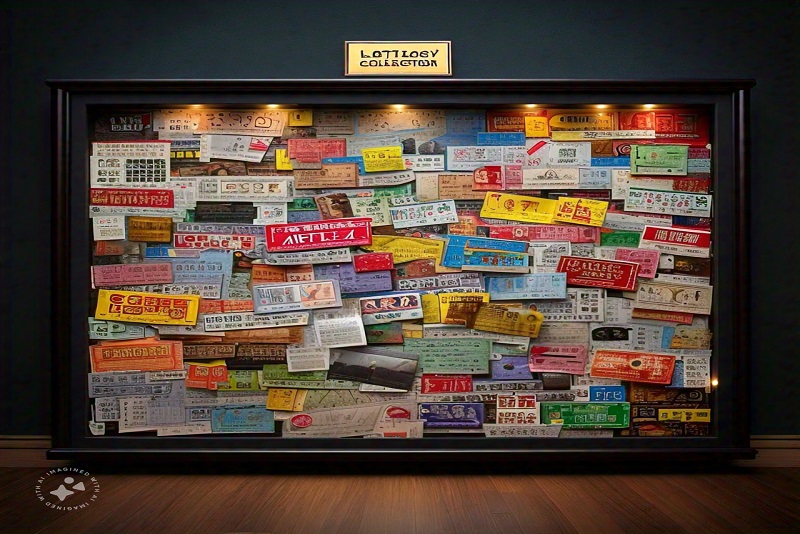Lottery tickets have long captured minds around the world, addressing the occasion of great fortune and representing the influence of faith and karma. Yet, for those involved in lotteries, lottery tickets are more than just a bet – they are creative, verifiable and collectible items with cultural significance. Here, we investigate seven fascinating facts about this unique field of study.
Fact #1: What is Lotology? Understanding the Study of Lottery Tickets
Lottery is the review and collection of lottery tickets, especially zeroing in on used or discarded tickets. Rather than looking for prizes, lottologists collect tickets for their projects, authentic value and cultural significance. Some tickets are collected as crafts, while others are valued for their contribution to the public eye or verifiably unique case. This particular hobby has developed into a thriving local area of collectors, each with unique motives behind taking the leap into the inner universe of lottery tickets.
Fact #2: The Origins of Lotology and How It Became a Niche Hobby
Early History of Lottery Tickets and Collecting Practices
The origins of lottery ticket collection go back to the development of lotteries themselves, which began in Europe in the fifteenth century to raise funds for public works. As lotteries spread internationally, they became important cultural characters, and the unique designs of the tickets attracted collectors. In the mid-twentieth century, stamps were printed with unique graphics, making them attractive collectibles.
The Growth of Lotology Communities and Enthusiasts
With the advent of the Web, lottery enthusiasts began to connect and share collections online, developing dedicated networks for trading and documenting lottery tickets. Through discussions, web-based entertainment gatherings, and even social affairs, lotologists share tips, exchange tickets, and teach each other about the craft and history of their collections, making this special. The sector’s appeal widens.
Fact #3: The Types of Lottery Tickets Lotologists Collect
Common vs. Rare Tickets: What Lotologists Look For
Lottologists typically look for a variety of tickets, from common regular tickets to interesting and unique pieces that may have cultural or financial value. Rare tickets often include those from high-profile large stakes, limited print runs, or commemorative releases, which hold an unusual place in a collection.
International Lottery Tickets and Regional Differences
Collectors often revolve around international lottery tickets to investigate cultural and regional contrasts in planning and design. For example, Japanese tickets may feature anime characters, while European tickets may feature verifiable figures. This classification adds depth to lottology by allowing collectors to experience the worldwide diversity in lottery culture.
Fact #4: Why Collectors Are Drawn to Lotology
Aesthetic Appeal: The Art and Design of Lottery Tickets
Lottery tickets can serve as miniature pieces of craftsmanship, featuring unique and visually appealing projects. Many tickets combine specific varieties, unexpected examples, and neighborhood symbols, making them an attractive betting arrangement even on the outside. For lotologists, this delicious price is an important part of the attraction, as the tickets reflect the imaginative patterns of their respective times and districts.
Historical Significance: Capturing Society’s Fascination with Luck and Wealth
Styled in the past, Lotology offers a verifiable perspective, capturing society’s well-established fascination with wealth, karma, and the desire for a higher future. Collecting tickets from different eras allows lottologists to follow a cultural mindset toward betting and lottery culture, and to distill their collections into smaller containers than expected times of aggregate desire.
Fact #5: The Cultural Impact of Lotology and What It Reflects About Society
Lotology as a Mirror of Society’s Dreams and Aspirations
Lottery tickets are artefacts representing society’s perceptions and aspirations. As collectors record stamps from different eras, they capture a cross-section of cultural psyches, probing how individuals’ relationships with karma and chance have evolved. Therefore, Lotology serves as a mirror of society’s ever-evolving faith.

Leave a Reply